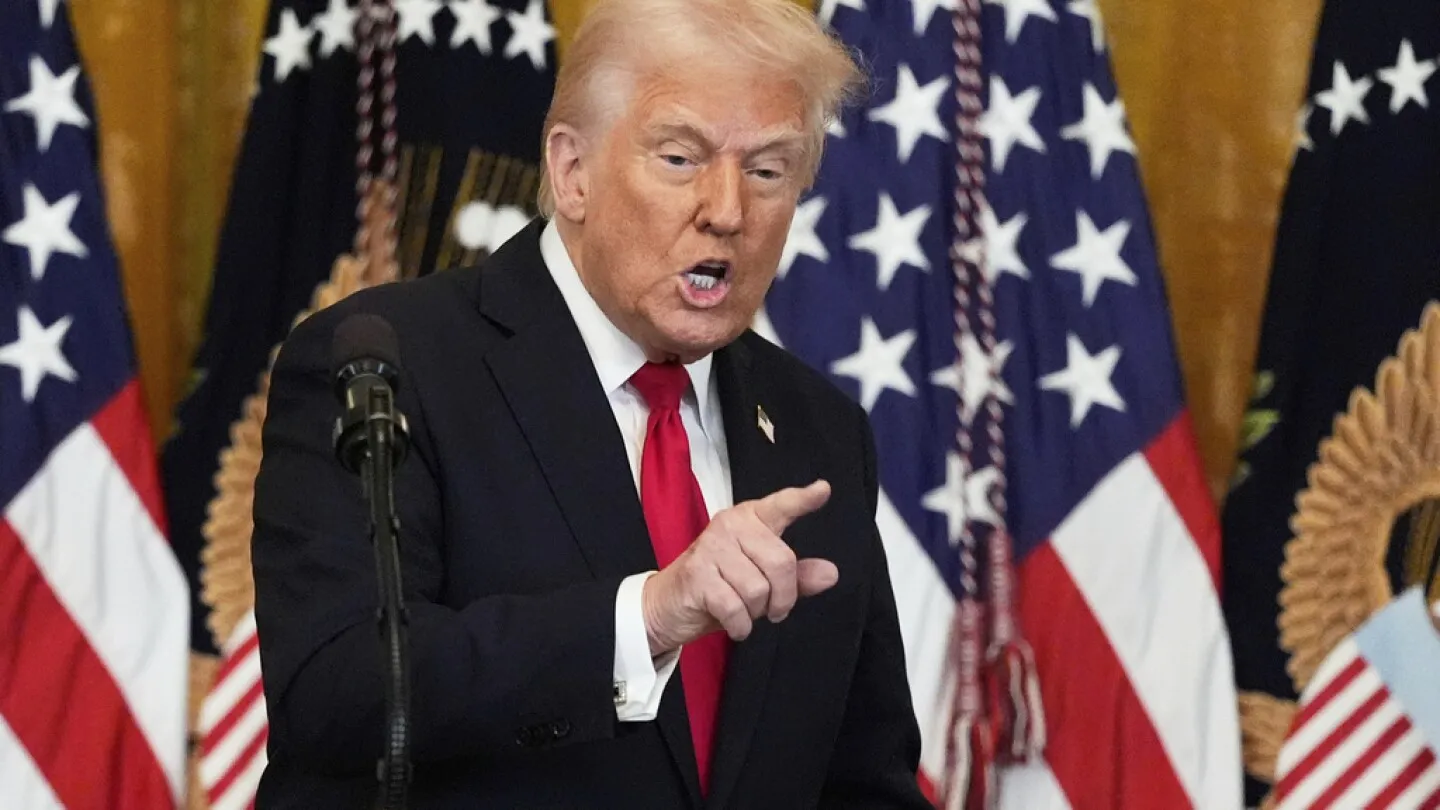Trump’s Bold Move: 25% Auto Tariffs Set to Shake Up U.S. Car Market!
In a surprising and controversial announcement, President Donald Trump has declared a 25% tariff on all imported cars and auto parts, effective immediately. This bold move is part of a broader strategy aimed at boosting domestic manufacturing and reducing reliance on foreign imports. As the U.S. car market braces for potential upheaval, industry experts and consumers alike are left to ponder the implications of this significant policy shift.
The announcement comes amid escalating tensions in the ongoing global trade war, particularly with Asian automakers who dominate the U.S. market. By targeting vehicles “not made in the United States,” the tariffs raise questions about the definition of domestic production and which cars will be affected. This policy change is not just a matter of economics; it has the potential to reshape the landscape of the American automotive industry.
Background of the Tariffs
The rationale behind the tariffs is rooted in President Trump’s long-standing commitment to protect American jobs and industries. In his announcement, he stated, “We need to bring back manufacturing to our shores. These tariffs will encourage foreign automakers to shift production to the U.S.” However, industry experts remain skeptical about whether this will indeed lead to a significant increase in domestic production.
Immediate Effects on the Market
The immediate aftermath of the announcement has already been felt on Wall Street, with stock prices of Asian auto manufacturers experiencing notable declines. The tariffs have injected volatility into the market, causing investors to reassess the future of companies heavily reliant on imports. Auto executives have expressed concerns about the potential for supply chain disruptions and increased production costs, which could ripple through the entire automotive sector.
- Higher Prices for Consumers: As automakers adjust to the new tariffs, many are expected to pass on the increased costs to consumers. This could lead to higher prices for new vehicles, further straining budgets for American families.
- Impact on Domestic Production: While the administration hopes to encourage foreign manufacturers to build more factories in the U.S., the reality may be more complex. Many automakers have established global supply chains that are not easily altered.
Concerns from Industry Leaders
Industry leaders are voicing their apprehensions about the tariffs. Several major automotive companies have warned that the increased costs associated with the tariffs could harm the U.S. auto industry by making American-made vehicles less competitive against foreign imports. One executive stated, “These tariffs could backfire, leading to job losses rather than job gains.”
Moreover, the tariffs could exacerbate existing challenges in the industry, including shortages of specific auto parts. The potential for supply chain disruptions has raised alarms among manufacturers who rely on a global network to produce vehicles efficiently.
Political Debate and Public Reaction
The announcement has sparked intense debates in Congress, with lawmakers divided on the merits of the tariffs. Some politicians support the move, arguing that it will protect American jobs and promote domestic manufacturing. Others, however, warn of the negative economic consequences that could arise from such a sweeping policy change.
Public reaction has been mixed, with many consumers expressing concern over potential price hikes. A recent survey indicated that 68% of Americans believe the tariffs will lead to higher vehicle prices, while only 22% support the tariffs as a means to protect American jobs.
The Road Ahead
As the dust settles on this bold move, the future of the U.S. automotive market remains uncertain. While the Trump administration maintains that the tariffs will lead to a resurgence in domestic manufacturing, the skepticism from industry experts casts doubt on the effectiveness of this strategy.
In conclusion, President Trump’s 25% auto tariffs are set to shake up the U.S. car market, with far-reaching implications for consumers, manufacturers, and the economy at large. Whether this policy will achieve its intended goals or lead to unintended consequences remains to be seen. As the automotive industry navigates this new landscape, the coming months will be crucial in determining the long-term effects of these tariffs on American manufacturing and consumer choice.
In the words of one industry analyst, “This is a bold gamble. The stakes are high, and only time will tell if it pays off.”






Leave a Comment